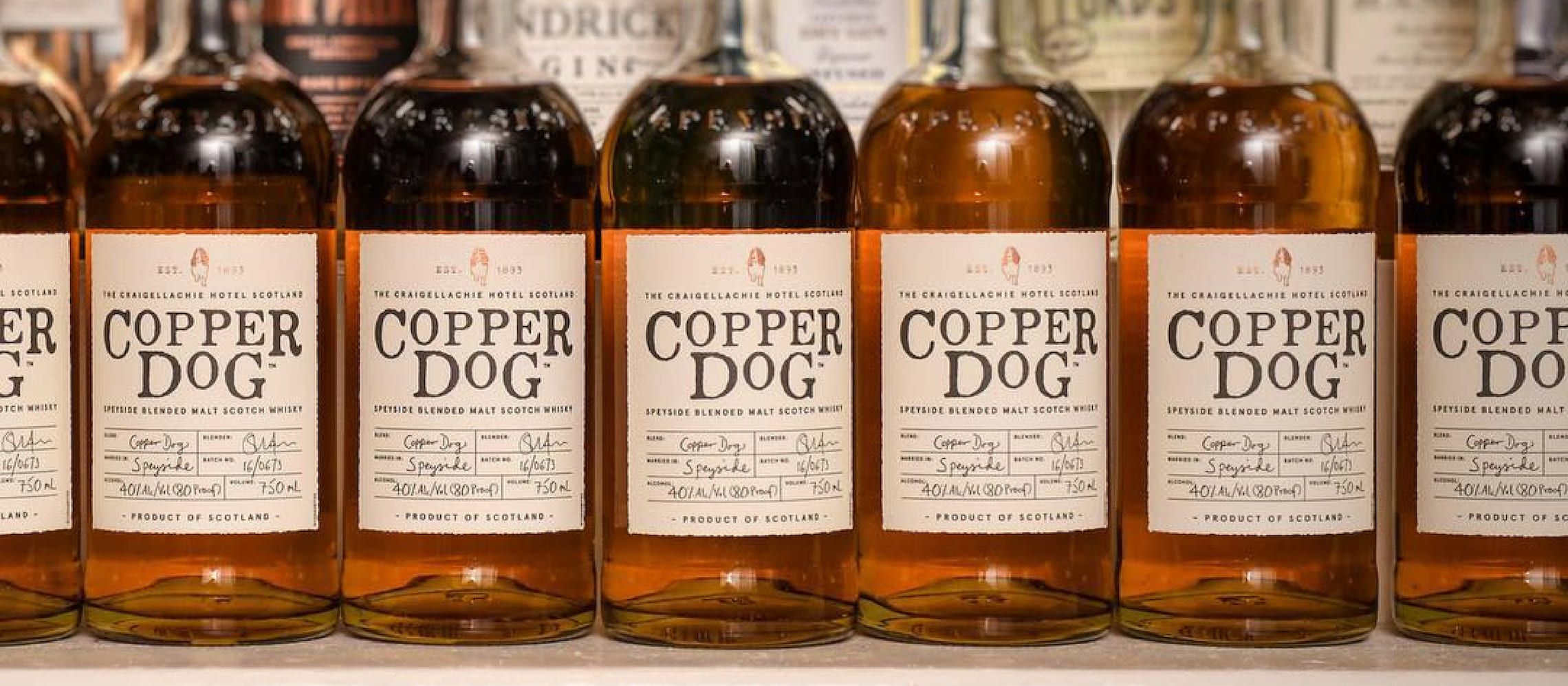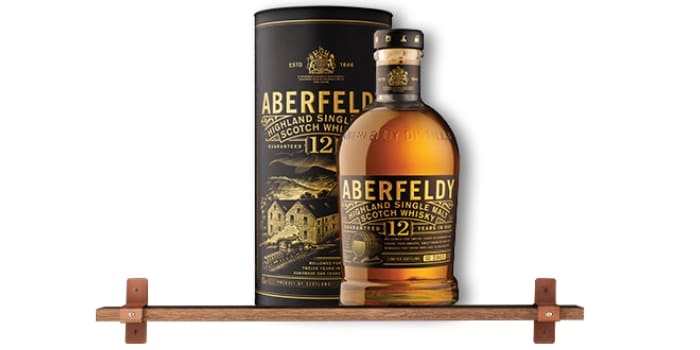Submission Deadline
28 February 2026
Judging
Date
24 & 25 March 2026
Winners Announcement
22 April 2026
28 February 2026
24 & 25 March 2026
22 April 2026

For many people, picking a good starter Scotch is considerably more challenging than picking, say, a good starter bourbon. The reason is simple: Scotch has a wider range of flavours, styles and palates than any other kind of whiskey. Moreover, becoming knowledgeable about Scotch requires a much finer understanding of the different regions that produce Scotch whisky, with each region offering a product that is very distinct. So how do you get started if you know nothing about Scottish geography and even less about Scotch whisky? Here’s a guide to picking a good starter Scotch without breaking the bank.
From the outset, you have to recognize that Scotch whisky is going to have a more challenging taste profile than other whiskies. For example, while bourbon is usually on the sweet side, most Scotch is on the bitter side. And that naturally means that Scotch is not going to taste as good to most people as other forms of alcohol. This can be a challenging hurdle for some, so that’s why it’s important to choose the right flavour profile.
The best choice for many beginners is a more subtle Scotch, such as those produced in popular regions like Speyside and The Highlands. These Scotch whiskies are generally considered to be the most mainstream of your options, and indeed, almost all of the bestselling Scotch whiskies are either Speyside or Highland.
One word of advice here: avoid the “smoky” Scotch whisky at the outset. The same thing goes for “dry” and “peppery” Scotch whiskies. These are very much an acquired taste and should be reserved for much later in your Scotch drinking experience.
However, most Scotch whiskies won’t directly advertise themselves as “smoky.” Instead, they will use the term “peated.” And be forewarned – peated whiskies are very polarizing. You either love them or you hate them. Some beginners assume that a “smoky” taste is something that is associated with a good summer afternoon BBQ. What’s not to love? But in the lexicon of Scotch whisky, “smoky” is much more akin to strongly smoked bacon or salmon and can be off-putting to casual drinkers. If you going to try a peated Scotch, look for one that has only been “lightly” or “moderately” peated.
It’s not a coincidence that many Scotch whiskies come with an “age statement” of exactly how long they have been aged and matured. Sometimes, this is just a number on the bottle of the Scotch, such as “Highland Park 12.” In this case, the “12” in the title means that the Scotch has been aged for 12 years. In other cases, the ageing is much more obvious, as in the case of “Aberfeldy 12-Year-Old.”

A No Age Statement (NAS) Scotch, in contrast, does not make any declaration about age. Thus, for many beginners, this is really a gamble of sorts. The Scotch may be very good, but you won’t really know until you try it. As a result, NAS Scotch whiskies tend to have a bad reputation in the marketplace. There can be a huge difference in taste if a Scotch has not been aged long enough. Perhaps the one exception to this rule is Auchentoshan American Oak. This is a NAS single malt that is a favourite with bourbon fans. The Scotch has a vanilla sweetness and lighter character than other Scotch whiskies, making it a natural for those who prefer bourbon.
One unique aspect of Scotch whisky is that the flavour is often improved by ageing it in cask used by other spirits manufacturers. Two favourites are cask barrels from bourbon and sherry makers. You’ll often encounter terms like “bourbon barrel aged” or “sherry-casked” right on the label. That tells you that the Scotch has been specifically aged to take on some of the characteristics of that other spirit.
The one caveat here is that “heavily sherried” whiskies tend to be polarizing. It’s one thing to finish off a Scotch with a sherry cask, but too much of a good thing can really change the overall flavour profile. In fact, to a newcomer, a heavily sherried Scotch has the risk of tasting much more like sherry than Scotch!
As a general rule of thumb, you should opt for Scotch whiskies with a lower proof than with other spirits you typically consume. Thus, while many American whiskies are 90 to 100 proof (45% or 50% ABV), it’s far more common to find Scotch whiskies at 80 to 90 proof (40% to 45% ABV). Too much alcohol content might overpower the taste of the Scotch. Instead of a lighter body, the Scotch will have much more of a malty body. And the overall taste profile will be more complex and harder to appreciate. So do yourself a favour and, at least at the outset, stick to Scotch whiskies that are 80 to 90 proof.
Once you begin to experiment with Scotch, you will begin to appreciate how great of a role that modern marketing plays in U.S. perceptions of which Scotch whiskies are “the best.” It’s completely natural to assume, for example, that a Scotch whisky that you’ve heard of – such as Johnnie Walker or Macallan or Glenlivet – must be better than one you’ve never heard of.
In some cases, that is the case. For example, Glenlivet 15-Year-Old is generally considered to be one of the finest examples of a Speyside whisky, and one that is very much worth trying for a beginner. There are hints of green and yellow fruit, as well as a hint of spiciness from being matured in French oak casks.
But just think of all the other Scotch whiskies out there that are just as good – if not better. For example, consider Monkey Shoulder, which is universally acclaimed to be creamy, smooth and easy drinking. Or, for example, what about Copper Dog? This Speyside Scotch is fruity, with hints of honey and spices, and is great as a starter Scotch.
As you can see, there can be tremendous diversity in flavour and taste, depending on the Scotch that you choose. That’s why many people say that there is a Scotch for everyone. Just as many people finally land on a style of wine that they enjoy drinking, these same people tend to discover a style of Scotch that they also enjoy imbibing with friends and relatives.
Image credit: Copper Dog Whisky on Instagram (@CopperDogWhisky)
Show your spirits where it matters. Get your products tasted by top bartenders, buyers and experts at the London Competitions — enter now.